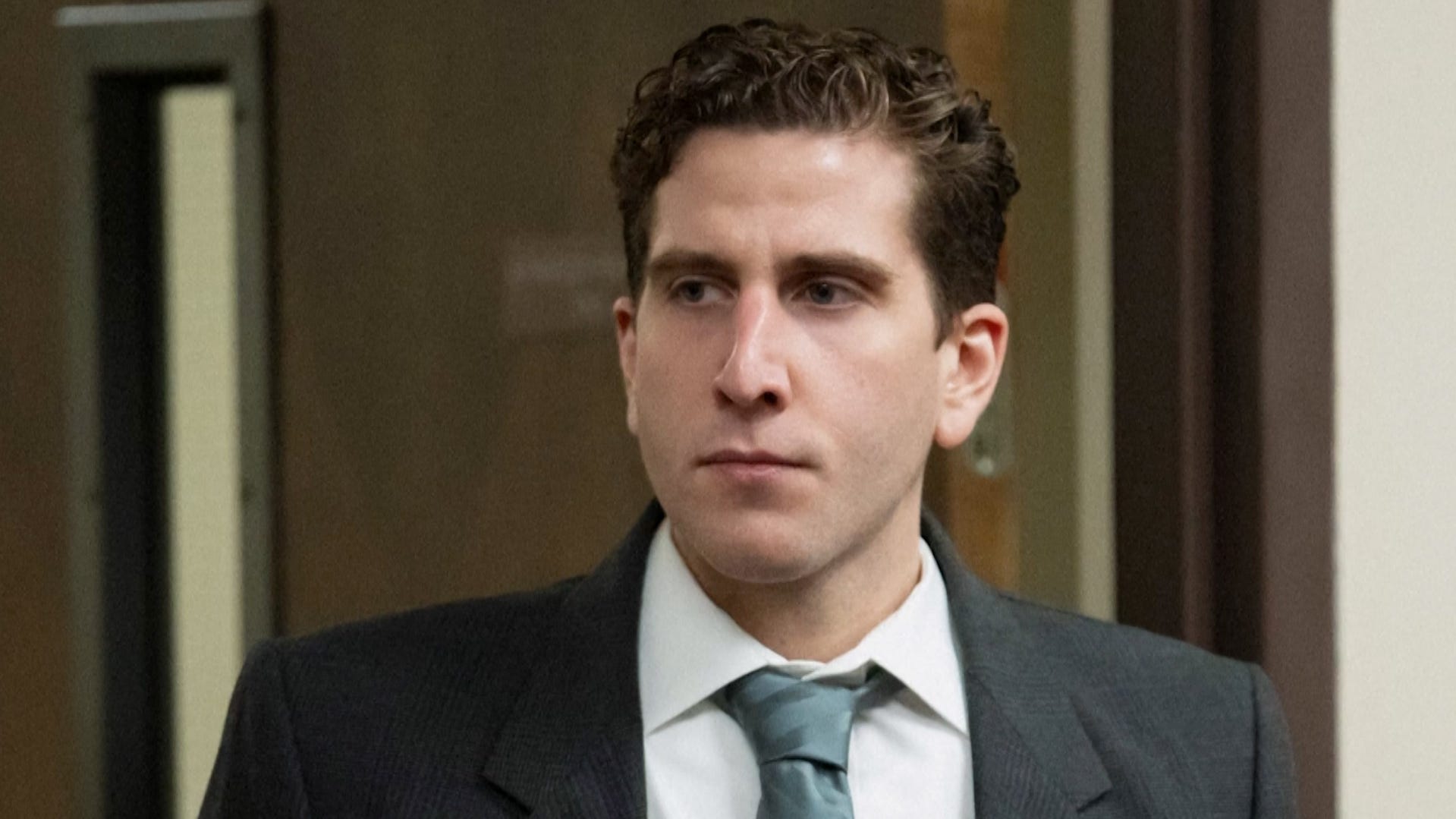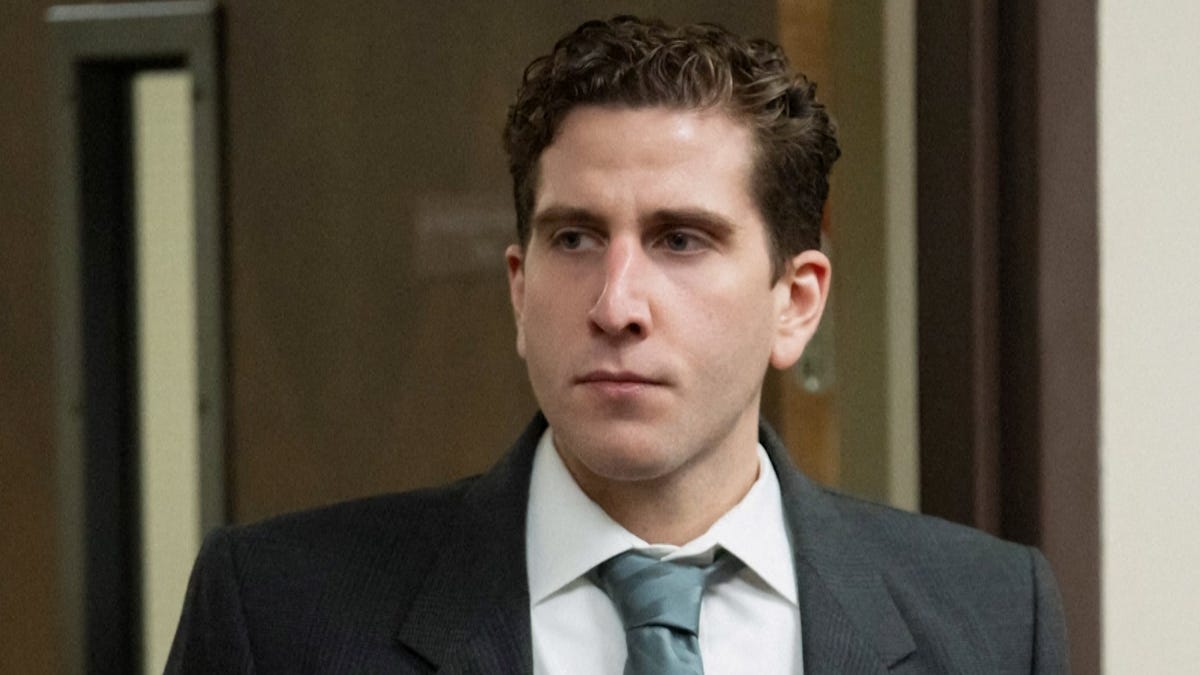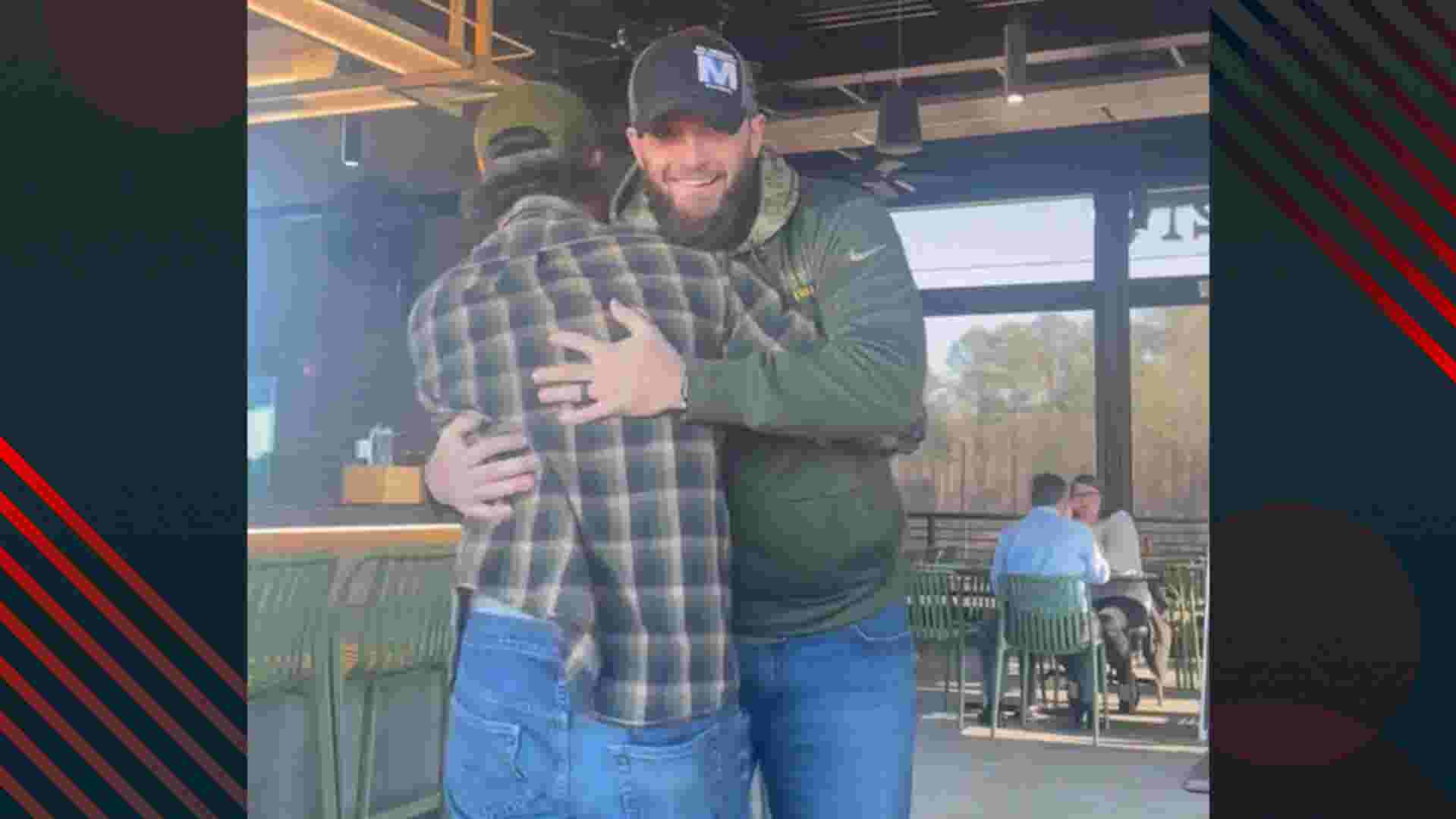
Bryan Kohberger pleads guilty to murders of 4 Idaho college students
The plea deal ensures Kohberger will avoid trial and the possibility of a death sentence for the murders of four University of Idaho students.
More than two years after the slayings of four University of Idaho students shocked the nation, the case of Bryan Kohberger will end without a trial.
That’s because Kohberger, the man charged in the case, pleaded guilty to the murders as part of a deal to avoid the death penalty. On July 2, a judge approved the plea agreement, which keeps Kohberger from facing a jury trial and sentences him to four consecutive life sentences with no chance of appeal for the murders of Madison Mogen, 21; Kaylee Goncalves, 21; Xana Kernodle, 20; and Ethan Chapin, 20.
Though the case is officially closed, the trauma lives on for the victims’ families, who were divided in their responses to the plea agreement. For some, it sparked outrage; for others, it marked the start of “a path of hope and healing.”
Mental health experts say the range of reactions are both expected and valid − and it’s important not to cast judgement on any family member, no matter how they feel about the plea deal. After all, these people have endured immense trauma and grief. Their reactions, experts say, show the varying ways people respond to horrific circumstances.
“We have no right to judge people that have lost a family member through murder,” psychotherapist Stephanie Sarkis says. “People react to trauma in different ways. You may have some family members that want to go to trial. You may have some family members that would rather not go to trial. … The loss is still the same.”
Why Bryan Kohberger’s plea deal has divided victims’ families
The families of the four victims have been split in their reactions to Kohberger’s plea agreement.
Steve Goncalves, Kaylee’ dad, told NewsNation’s “Banfield” he wanted a jury to decide Kohberger’s fate: “This is anything but justice. This is the opposite of our will. There was no majority believing that this was acceptable.”
He also told NewsNation he hoped the judge would reject the plea agreement.
Others felt differently.
Outside the courthouse, Leander James, an attorney for Mogen’s parents, said, “We support the plea agreement 100%.”
“We now embark on a new path,” he told reporters. “We embark on a path of hope and healing.”
Philip Lewis, a therapist who helps treat anxiety, anger and addiction, says trauma affects people differently. How people choose to cope with trauma, he says, often varies from person to person.
“How grief is experienced, processed and expressed is unique to each individual, not unlike fingerprints,” he says. “The grieving process can be made much more complex under circumstances like these, where the victims are especially young, the incident was violent and sudden, and then, add to that a criminal trial.”
Overall, no matter what circumstances they find themselves in, people tend to crave justice and hate unfairness. When something happens that violates that sense of fairness, it can cause deep pain.
“You feel powerless when you already lost people that you love and had this egregious thing happen,” psychotherapist Marni Feuerman says. “You’re looking for an opportunity to feel like at least that there was some punishment and some justice.”
There’s no guarantee a trial would have brought healing
On the other hand, it’s important to remember not every family member wanted to see Kohberger in court. It’s possible rehashing the details of the murders for a jury would only traumatize the victims’ families more, rather than provide closure.
Not to mention, the media spectacle that would likely ensue further puts family members under public scrutiny, risking more trauma.
It’s valid some family members preferred not to go through that.
“Some people may just want it to be over,” Lewis says. “They may want to grieve privately and, for them, do what they can to process the grief. These types of incidents never go away. No one ever resolves this type of loss.”
It’s important for people who are grieving to express their feelings in a way where they feel meaningfully heard. Kohberger’s victims’ families may not be able to have this experience in court, but they can still find other ways to have it.
“You cannot tell a person who’s lost their child to move on,” Lewis says. “There’s nothing you can say. You have to just be there for them and listen to them and let them know that you’re hearing them.”
Most of all, Sarkis says, these people deserve to be treated with compassion.
“Unless someone has been through that, it’s very hard to understand the depth of that,” she says. “That’s a level of grief that relatively few people ever experience.”
Contributing: Jeanine Santucci









